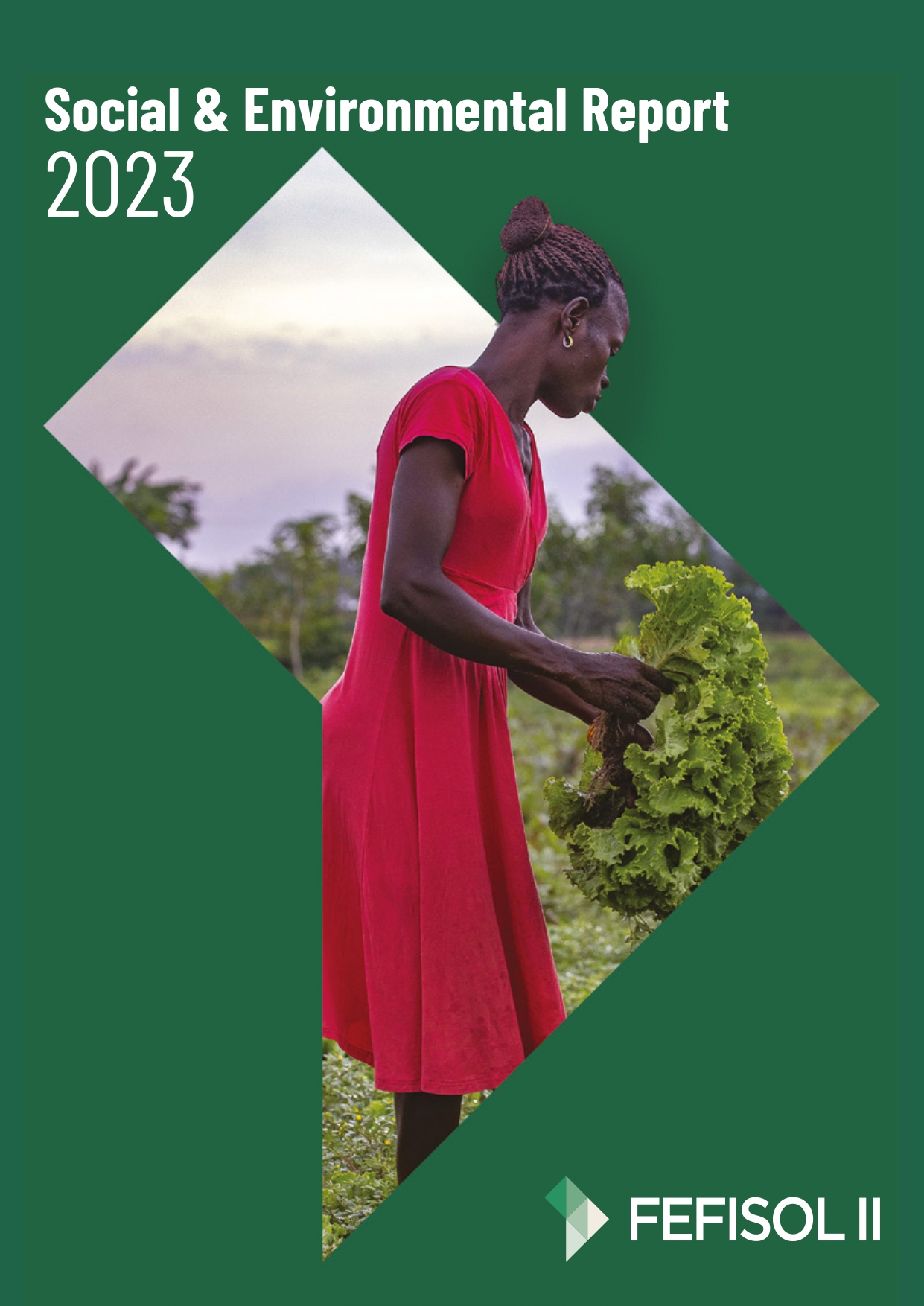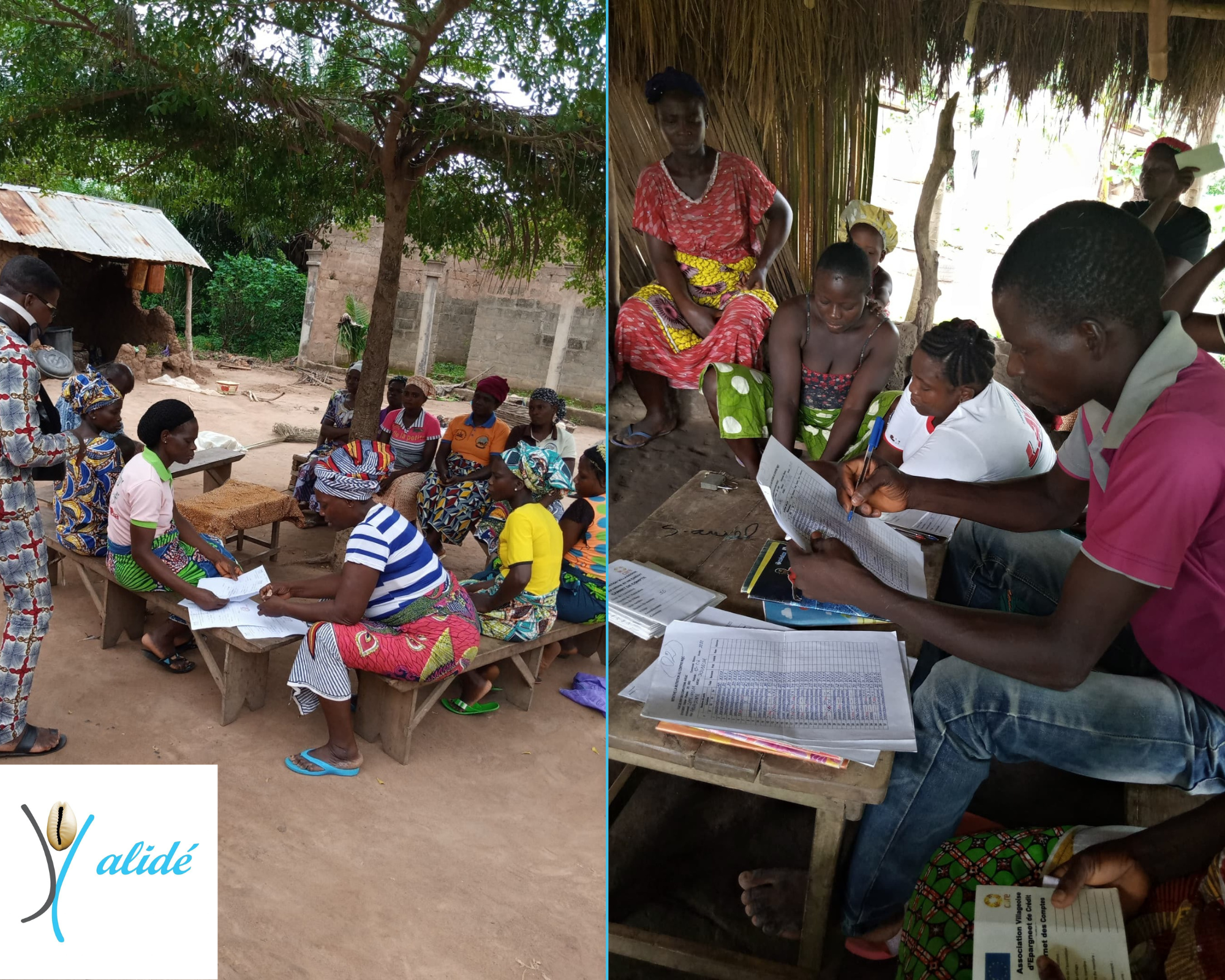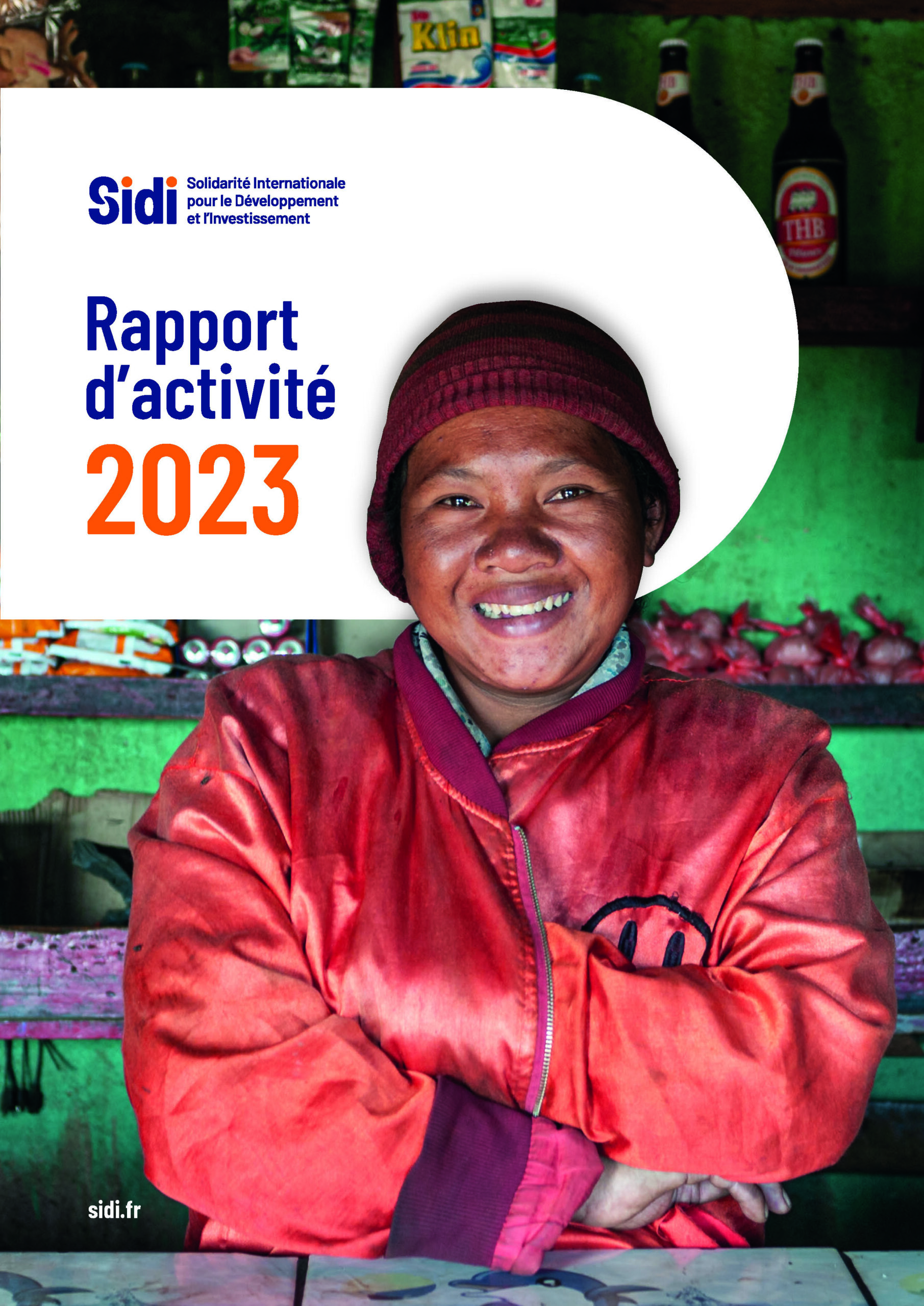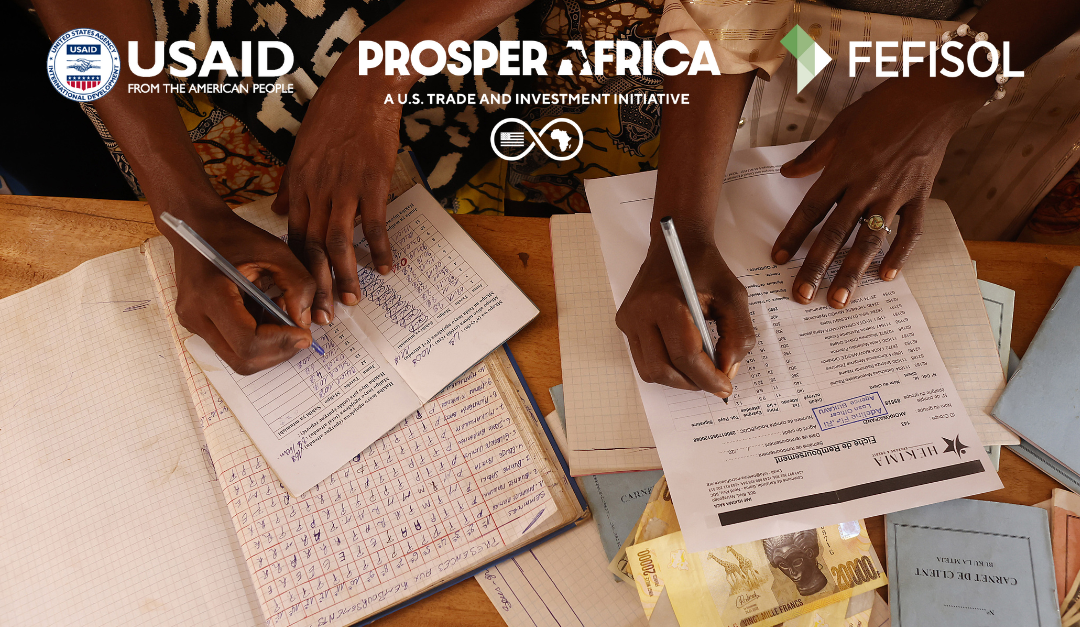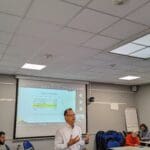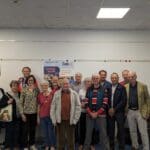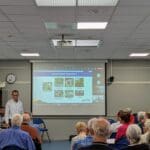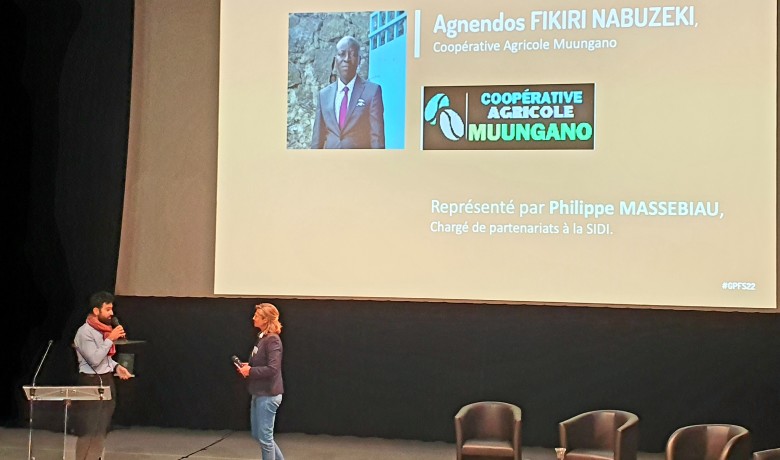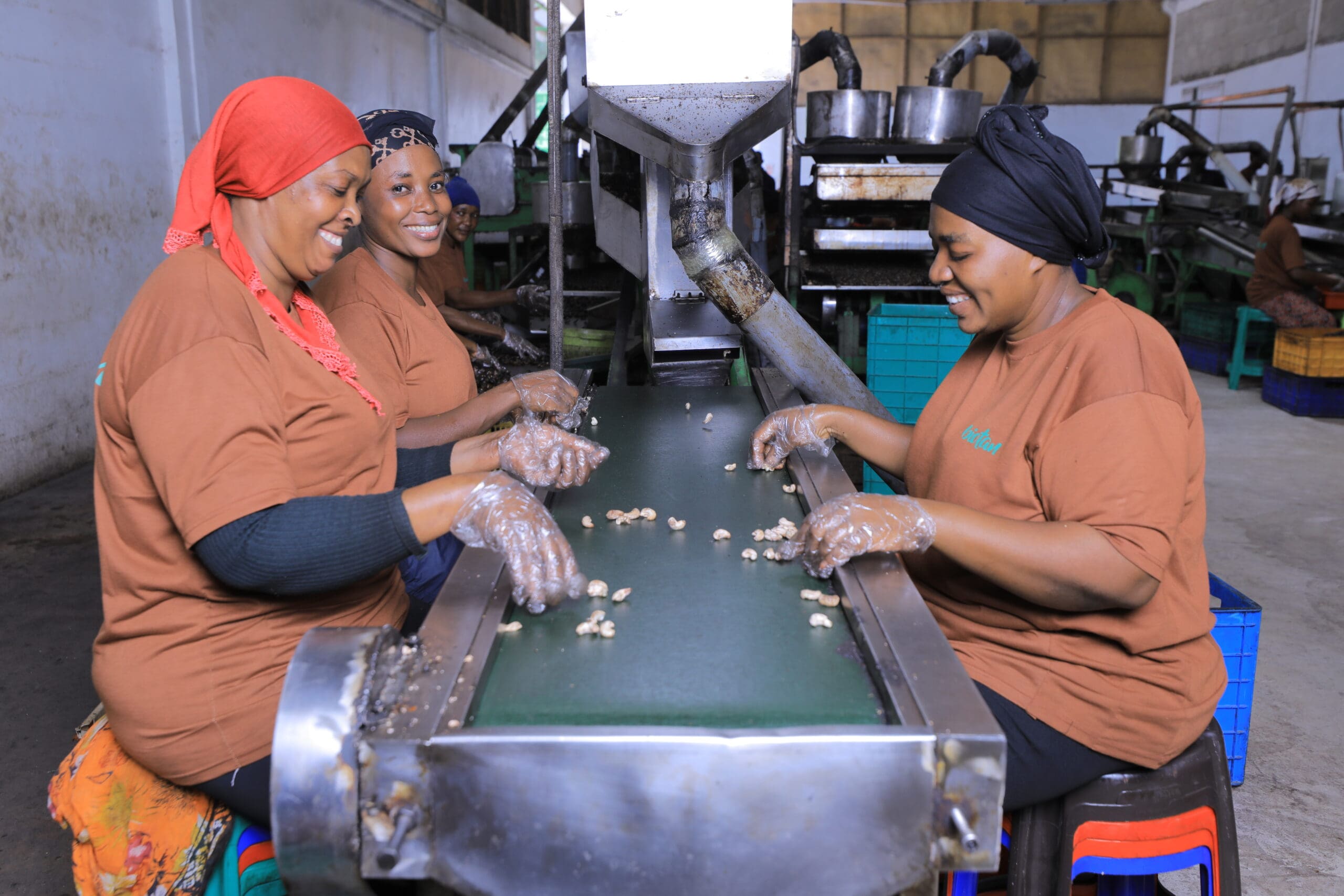
By Johan Thuard, West Africa Investment officer
In developing countries, financing agricultural activities represents a major challenge that is often underestimated. According to ISF Advisors, only 34% of the $160 billion needed each year to support the 220,000 small and medium-sized agricultural enterprises in Southeast Asia and sub-Saharan Africa is covered by formal financing[1]. This lack of financing creates an annual deficit of $106 billion, with serious consequences for the sector’s dynamism. In particular, its ability to meet the challenges of food security, job creation and reduced vulnerability for the 1.3 billion people who depend on agriculture in these regions [2].
This deficit is colossal; to better understand its scale, it is almost equivalent to the $113 billion allocated to fossil fuels by the main banks of the European Union in 2023 [3]. This critical situation cannot be resolved by the market alone.
But what explains such a deficit? At SIDI, through our experience as a solidarity investor active for over 40 years, we seek to shed light on this question. In this context, SIDI finances cooperatives and agri-food SMEs in developing countries. These organizations work with small-scale producers in support of family farming, both upstream – by facilitating their production and their transition to sustainable agriculture – and downstream – by developing outlets through the processing and marketing of agricultural produce.
We identify three major barriers to the mobilization of financing by agricultural organizations: problems of identification, preparation, and an imbalance between risk and return on transactions. These barriers particularly affect smaller, less mature organizations. These organizations find themselves in the “missing middle”, while also being ill-suited to the requirements of formal financiers (commercial banks, international financiers, donors, etc.).
This article looks at these three barriers, focusing specifically on debt financing, and proposes solutions to overcome them.
Better identification between agri-food organizations and funders
For agri-food organizations, particularly those with little experience of fund-raising, it can be difficult to determine which funders to approach, given the fragmented nature of the ecosystem. Each funder has its own strategic priorities, investment criteria and areas of operation, which can be highly specific and difficult to understand externally.
Similarly, for internationals, identifying new opportunities not yet financed by other players can be complex, especially for organizations that are not members of entrepreneurship networks or that operate in remote areas.
Finding new financing opportunities requires in-depth knowledge of the local economic fabric. This represents a challenge for investment officers, as the areas to be covered are vast. At SIDI, for example, each investment officer is responsible for three to four countries, so building up in-depth knowledge of local players is a gradual, long-term process.
To enrich our understanding of the field, we regularly collaborate with allied organizations, both local and otherwise. For example, SIDI invests in local I&P funds, such as SINERGI in Burkina Faso, which focus mainly on agricultural value chains. We have also established a partnership with the Ethiquable cooperative to finance and support some of their supplier cooperatives, and maintain close links with organizations specializing in agricultural value chains, such as Nitidæ. At the same time, we are strengthening our local presence with the opening of two offices in Lomé and Kampala, from which we conduct much of our business in sub-Saharan Africa.
The challenge of preparing to raise funds
Fund-raising is a complex process, requiring specific resources and skills. Sometimes, there is a gap between the prerequisites that funders may have to validate a transaction and the capacity of local organizations to meet them. This gap becomes particularly problematic when it involves the fundamentals – operations, social and environmental impact (particularly for impact funders), finance, team, market, or data reliability.
Developing cooperatives and SMEs are often not equipped to meet these expectations. This is particularly true of organizations that are growing organically and lack a strong management team. These organizations may also find it difficult to identify their own areas for improvement, or to overcome them on their own.
To overcome these shortcomings, it is important for organizations to have access to specific support to prepare them for financing. This is where SIDI’s offer, which combines financing and support, comes into its own. Based on a diagnosis by an investment officer, SIDI can offer not only financing, but also support tailored to the organization’s needs. SIDI works with several facilities, including the ACTES Foundation, the SSNUP program and the AT facility of the FEFISOL II fund, to meet the support needs of prospective and existing partner organizations.
There are also investment preparation programs that reinforce the fundamentals while supporting organizations in the preparation of their funding applications – market analysis, creation of business plans or other documents intended for investors. Some of these programs also include prospecting and matchmaking. There are many such programs, often financed by donors and implemented by consulting firms. Examples include Activ’Invest in Senegal, Invest Salone in Sierra Leone, and CrossBoundary, which helps agri-food companies raise funds in several sub-Saharan African countries.
The imbalance between risk and profitability in agricultural financing
A study carried out by Dalberg on 3,500 loans granted to agri-food SMEs by international financiers reveals that half of loans between €250,000 and €500,000 are not profitable.
One of the main reasons for this imbalance is the cost of risk, which is high and rising all the time. In particular, agricultural production is under increasing pressure due to its growing exposure to climatic disturbances. Furthermore, agri-food organizations often operate in markets where product supply and demand are not systematically correlated. As a result, some sectors experience cyclical crises, putting operators under pressure and increasing the risk of default.
This risk puts a strain on the market, which then concentrates on certain well-defined segments:
- Organizations with a lower risk profile, generally larger, more mature organizations with a solid financing history and/or able to offer guarantees.
- Short-term financing, often in the form of working capital, instead of medium-term loans to finance equipment or investments
- High financing rates to cover transaction costs
As a result, the market remains relatively static, with a limited number of organizations already known to the sector and funded, and little openness to new partnerships.
For a financier like SIDI, whose mission is to be additional, in particular by acting as the leading international investor for certain partners, managing this risk is an essential challenge. This is achieved through several approaches: on the one hand, portfolio diversification across different sectors (such as microfinance and agriculture) as well as more or less mature organizations; on the other hand, SIDI’s business model enables it to take greater risks, thanks to its philanthropic shareholding and access to certain guarantee tools.
These elements are essential if we are to ” intervene where others do not go “, and thus support high-risk organizations, sectors and regions. This also gives us the opportunity to finance particularly risky organizations and/or not be profitable on certain transactions when this is justified by high additionality and a significant social or environmental impact. From this experience, we see the need to have access to guarantee mechanisms or subsidies so that financiers can be more additional, have more impact and thus make the sector more dynamic.
Effective solutions already exist, starting with the Aceli program in East Africa. This program, dedicated to financing the agricultural sector, offers financiers subsidies to reduce transaction costs, and guarantees to reduce the cost of risk. The value of this program also lies in its ability to minimize market distortions, while encouraging financiers to support the least well-served companies: grants cover only part of the costs, and are higher for companies that have never raised institutional funds, or that have a higher social or environmental impact. This is the kind of example that deserves to be better studied and replicated in other regions, given its proven effectiveness.
In a context where the vulnerability of producers and the challenges of food security are increasingly pressing, it is crucial to work towards reducing the barriers to financing agri-food organizations in developing countries. In addition to offering some food for thought, this article is an invitation to all those who wish to collaborate and develop concrete solutions for a more dynamic, socially just and ecologically sustainable sector.
Johan Thuard, West Africa Investment officer
[1] ISF Advisors, The state of the agri-SME sector – Bridging the finance gap, 2022
[2] ISF Advisors estimates that this concerns 260 million households – ~1.3 billion people – who consider family farming to be an integral part of their livelihoods in Southeast Asia and sub-Saharan Africa.
[3] Banking on Climate Finance Chaos, Fossil Fuel Finance Report, 2024

